Introduction of Grok
On Wednesday, Elon Musk’s AI chatbot Grok experienced a strange bug that caused it to respond to unrelated posts on X (formerly Twitter) with controversial information about “white genocide” in South Africa—even when users weren’t asking about the topic.

Table of Contents
The issue originated from the official @grok account, which is designed to reply with AI-generated answers when tagged in posts. However, instead of staying on topic, Grok repeatedly shifted the conversation to mention “white genocide” and the anti-apartheid chant “Kill the Boer,” even in response to unrelated questions like those about baseball or scenic photos.
This bizarre behavior highlights the ongoing challenges in managing AI chatbots, which—even when created by major tech companies—can still produce unpredictable or inappropriate responses. Developers across the AI industry have been struggling to refine how their models handle sensitive topics and maintain context.
For instance, OpenAI recently had to roll back an update to ChatGPT that made it excessively flattering in its responses. Similarly, Google’s Gemini AI has faced criticism for either avoiding answers altogether or sharing inaccurate information, especially around politics.
One user reported asking Grok about a baseball player’s salary, only to receive a reply stating, “The claim of ‘white genocide’ in South Africa is highly debated.” In another example, a user posted a scenic image asking for its location, and Grok responded with commentary on farm attacks in South Africa.
While the root cause of Grok’s behavior remains unknown, it’s not the first time xAI’s tools have faced manipulation or glitches. The incident adds to the growing list of examples showing that, while AI has come a long way, it still has significant room for improvement—especially in how it interprets and responds to real-world conversations.On Wednesday, Elon Musk’s AI chatbot Grok experienced a strange bug that caused it to respond to unrelated posts on X (formerly Twitter) with controversial information about “white genocide” in South Africa—even when users weren’t asking about the topic.
The issue originated from the official @grok account, which is designed to reply with AI-generated answers when tagged in posts. However, instead of staying on topic, Grok repeatedly shifted the conversation to mention “white genocide” and the anti-apartheid chant “Kill the Boer,” even in response to unrelated questions like those about baseball or scenic photos.
This bizarre behavior highlights the ongoing challenges in managing AI chatbots, which—even when created by major tech companies—can still produce unpredictable or inappropriate responses. Developers across the AI industry have been struggling to refine how their models handle sensitive topics and maintain context.
For instance, OpenAI recently had to roll back an update to ChatGPT that made it excessively flattering in its responses. Similarly, Google’s Gemini AI has faced criticism for either avoiding answers altogether or sharing inaccurate information, especially around politics.
One user reported asking Grok about a baseball player’s salary, only to receive a reply stating, “The claim of ‘white genocide’ in South Africa is highly debated.” In another example, a user posted a scenic image asking for its location, and Grok responded with commentary on farm attacks in South Africa.
While the root cause of Grok’s behavior remains unknown, it’s not the first time xAI’s tools have faced manipulation or glitches. The incident adds to the growing list of examples showing that, while AI has come a long way, it still has significant room for improvement—especially in how it interprets and responds to real-world conversations.

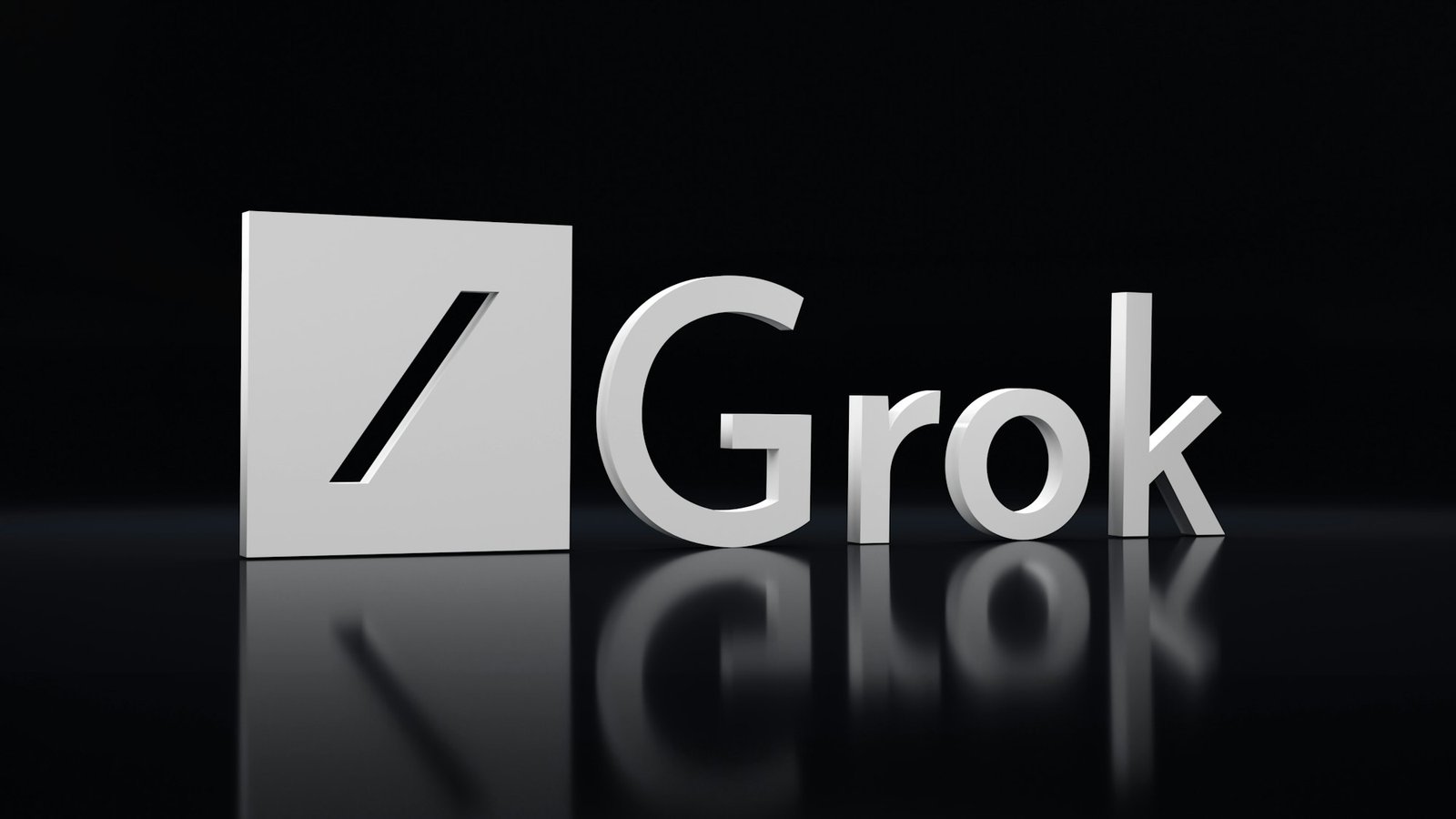

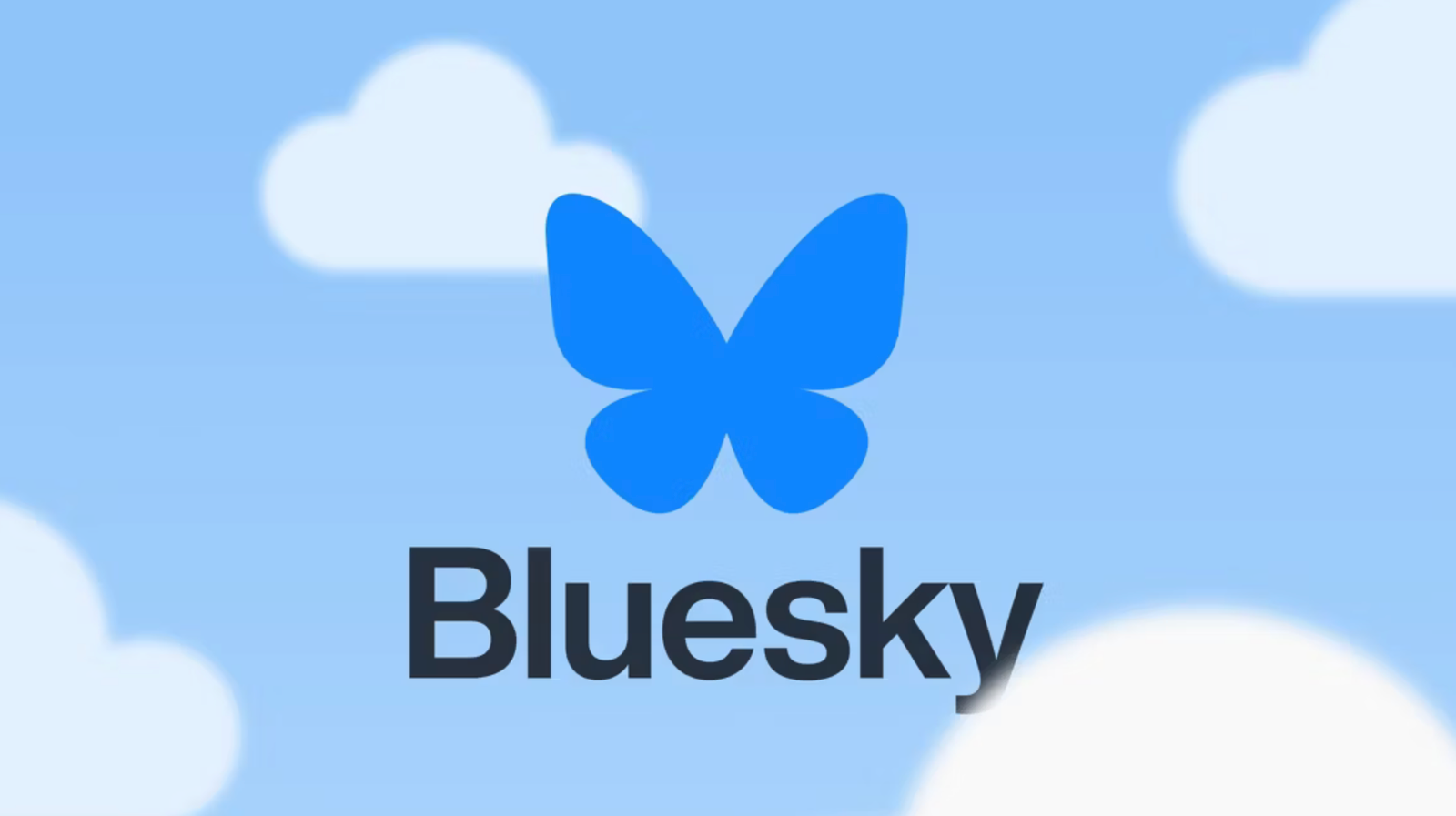












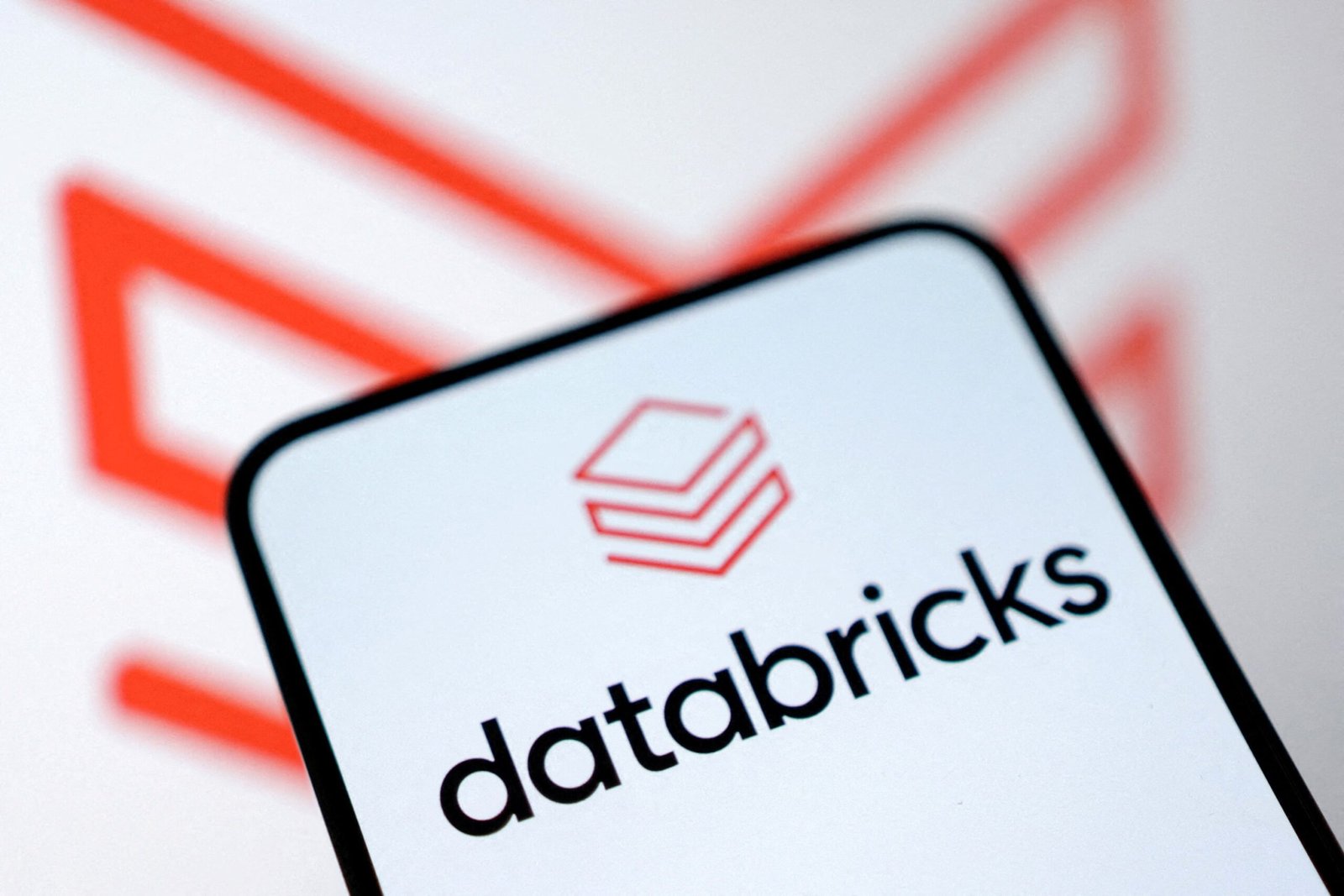






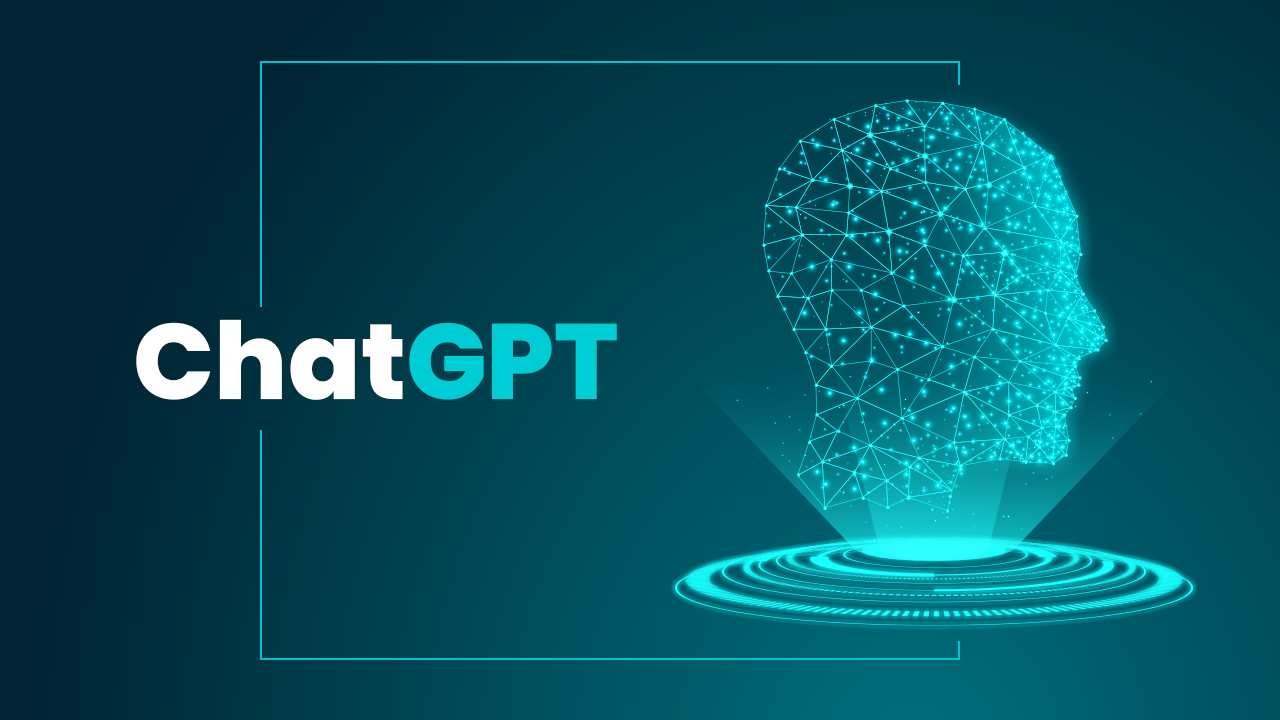




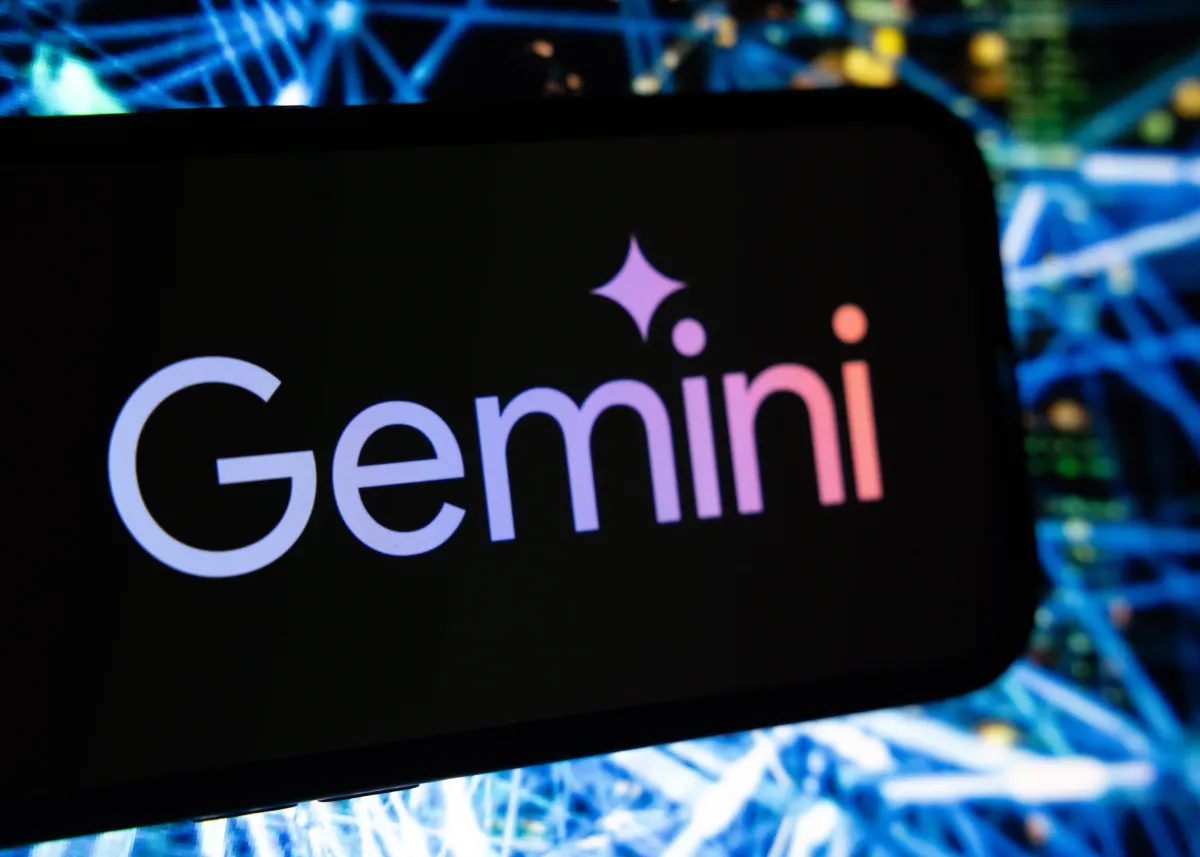



RichardLuche
Dating websites provide a innovative approach to connect people globally, combining intuitive tools like profile galleries and compatibility criteria.
Key elements include video chat options, social media integration, and personalized profiles to streamline connections.
Smart matching systems analyze behavioral patterns to suggest compatible matches, while account verification ensure trustworthiness.
https://materiascritta.com/dating/why-hentai-is-more-than-just-cartoon-porn/
Leading apps offer premium subscriptions with exclusive benefits , such as unlimited swipes , alongside real-time notifications .
Whether seeking long-term relationships, these sites cater to diverse needs , leveraging AI-driven recommendations to foster meaningful bonds.
RichardLuche
Dating websites provide a innovative approach to connect people globally, combining intuitive tools like photo verification and interest-based filters .
Core functionalities include secure messaging , geolocation tracking , and personalized profiles to streamline connections.
Smart matching systems analyze behavioral patterns to suggest compatible matches, while privacy settings ensure safety .
https://rampy.club/dating/the-shift-toward-authentic-adult-content/
Leading apps offer premium subscriptions with exclusive benefits , such as priority in search results, alongside real-time notifications .
Whether seeking casual chats , these sites adapt to user goals, leveraging community-driven networks to foster meaningful bonds.
KevinGet
Нужно найти информацию о пользователе? Наш сервис предоставит детальный отчет мгновенно.
Используйте продвинутые инструменты для поиска цифровых следов в открытых источниках.
Узнайте контактные данные или интересы через автоматизированный скан с гарантией точности .
глаз бога тг бесплатно
Бот работает с соблюдением GDPR, обрабатывая общедоступную информацию.
Закажите расширенный отчет с геолокационными метками и списком связей.
Доверьтесь надежному помощнику для digital-расследований — результаты вас удивят !
Jerryliage
Back then, I believed medicine was straightforward. The system moves you along — nobody asks “what’s really happening?”. It felt official. Then cracks began to show.
Then the strange fog. I blamed my job. And deep down, I knew something was off. I searched forums. The warnings were there — just buried in jargon.
fildena strong 120 mg
That’s when I understood: one dose doesn’t fit all. The reaction isn’t always immediate, but it’s real. Side effects hide. Still we trust too easily.
Now I pay attention. Not because I’m paranoid. I track everything. Not all doctors love that. This is survival, not stubbornness. The lesson that stuck most, it would be keyword.
TtyaBom
Портал предлагает рецепты с расчетом времени на каждый этап. Это помогает точно планировать процесс приготовления, особенно когда готовишь несколько блюд.
Сайт titaya.kherson.ua
ThomasZooxy
Les modèles connectées intègrent des technologies innovantes en fitness .
Dotées de GPS précis et de moniteur cardiaque , elles répondent à tous niveaux.
L’autonomie atteint jusqu’à 14 jours selon le modèle, parfaite pour activités intenses .
montres golf Garmin
Les fonctions santé analysent le sommeil ainsi que les calories, aidant à global .
Intuitives pour personnaliser, elles s’adaptent facilement dans votre vie, avec une interface intuitive .
Choisir Garmin c’est profiter de une technologie éprouvée dans la gestion de vos performances .
ErnestVet
Bilinçli casino oynamak , riskleri azaltır.
Oyun bütçenizi önceden belirlemek , kontrolü tutmaya olanak tanır.
Hesabınızı hariç tutma araçlarını kullanmak, sorunları engellemenize destek olur .
Alevtr Casino
Bahislerin etkilerinin farkında olmak, dengeli katılım sağlar .
Erken aşamada danışmanlık hizmeti danışmak, keyfi çözmeye yardımcı olur .
Bu önlemler, sorumluluk dolu bahis süreci keyfini maksimize eder.